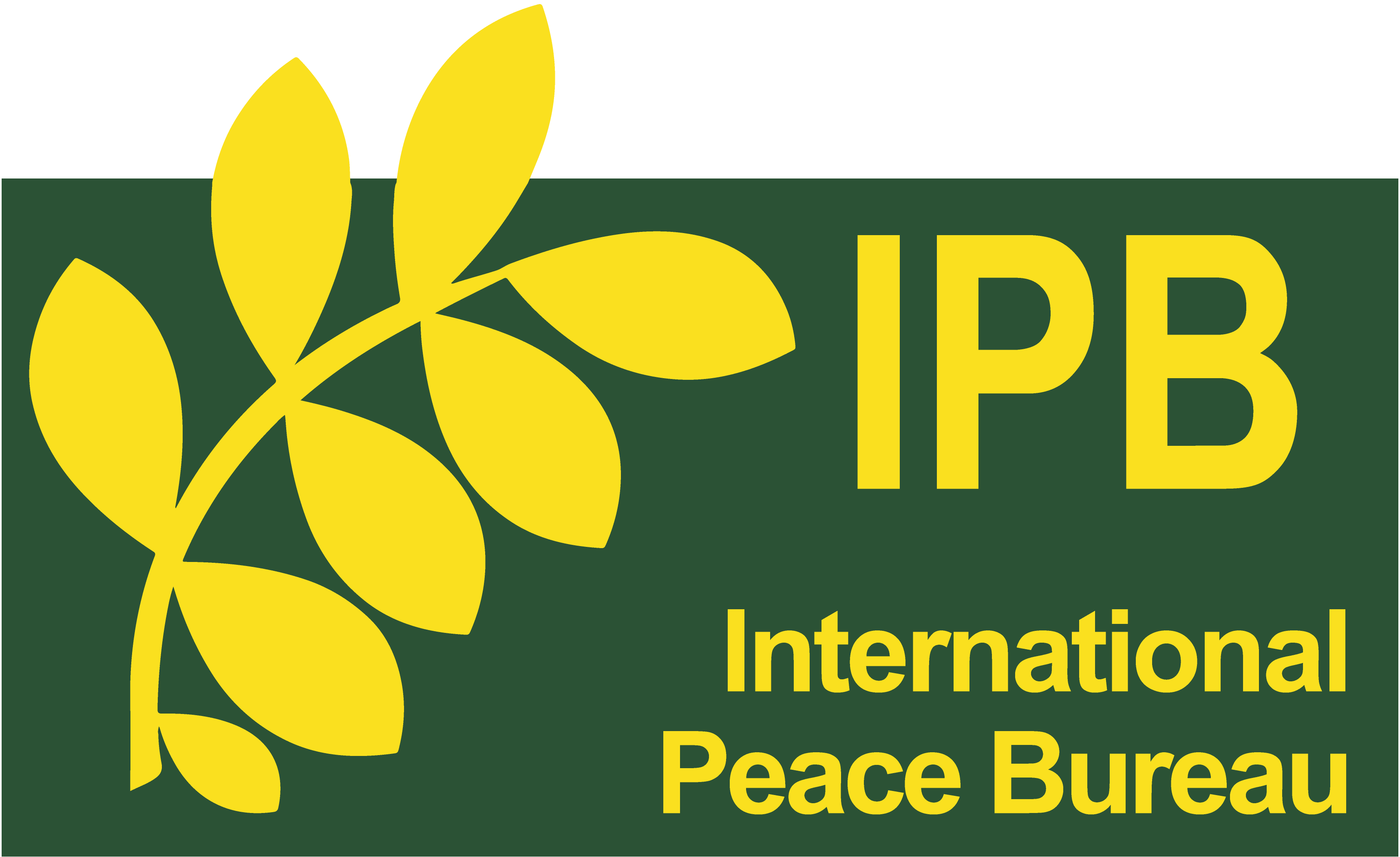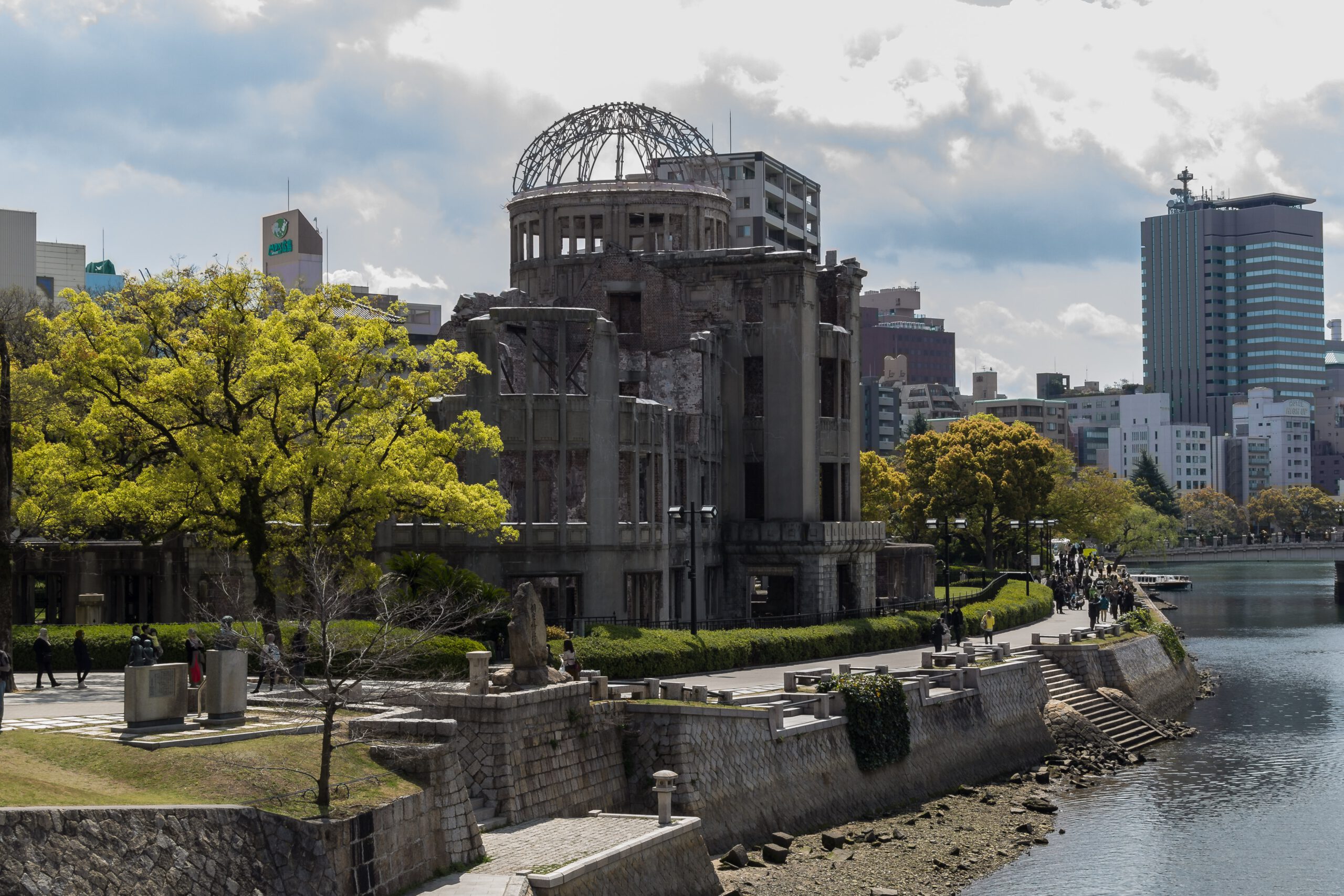A blog post by Mohd Vasim.
The International Day Against Nuclear Tests, which we celebrate every year on August 29, is an opportunity for us to honour the victims of the past and to remind the world that these tests still pose a threat to children, youth and the environment along with grounding international stability in peace love and harmony.
Over the past seventy-five years, more than 2,500 nuclear tests have been conducted across the world, from the South Pacific to North America, and from Central Asia to North Africa. These trials have had damaging effects in all areas of the world, and destroyed ecosystems that had previously been preserved. The majority of the roughly 13,000 nuclear arms currently in global arsenals are vastly more destructive than the bombs dropped on Hiroshima and Nagasaki. Any use of them would precipitate a humanitarian disaster of unimaginable proportions. Fuelled by mounting international tensions and the dissolution of trust, relations between countries that possess nuclear weapons are devolving into dangerous and destabilizing confrontations.
As a Youth, Research Scholar and Social Activist, I focus on the use of nuclear weapons for security. Politicians trade heated rhetoric about their possible use and devote vast sums of money to improving their deadliness, money that would be much better spent on peaceful, sustainable development.
A web of agreements and instruments has been constructed to prevent the use of these uniquely destructive weapons and ultimately to eliminate them. Yet this framework has idled for decades and is starting to erode. The potential that nuclear weapons will be used intentionally, accidentally or as a result of miscalculation is dangerously high. For decades nuclear testing has led to horrific human and environmental consequences. The nuclear arsenal represents an exhausting and existential threat to our environment & ecosystem. This relic of a former age should be confined to history forever. Only a legally-binding, verifiable prohibition on all nuclear testing can achieve this. In this, the Comprehensive Nuclear-Test-Ban Treaty shows its worth. Yet, some states have still to sign or ratify the treaty, preventing it from fulfilling its full potential as an essential element in the framework to eliminate nuclear weapons.
It is time to return to the shared understanding that a nuclear war cannot be won and must not be fought, to the collective agreement that we should work towards a world free of nuclear weapons, and to the spirit of cooperation that enabled historic progress towards their elimination. The United States and the Russian Federation, as the possessors of some 90 per cent of nuclear weapons, must be called upon to lead the way. The “New START” treaty retains verifiable caps. Its extension for five years would buy time to negotiate new agreements, including by potentially bringing in other countries possessing nuclear weapons.
Next year, the United Nations will host the Review Conference of the Treaty on the Non-Proliferation of Nuclear Weapons (NPT), one of the most successful international security agreements. It contains the only treaty-based commitments undertaken by the five largest nuclear-armed countries to pursue the elimination of nuclear weapons and imposes verifiable obligations not to acquire or develop nuclear weapons. Its near universal membership means the vast majority of the international community is bound by these commitments. The NPT Review Conference is an opportunity to stem the erosion of the international nuclear order.
Last year, the Security Council adopted its first resolution devoted exclusively to nuclear testing. I hope that this is a sign of new momentum which will lead to the essential objective of the total elimination of the threat of nuclear weapons from the world. I welcome this restrictive measure. The global standard against nuclear testing has been in place for almost 20 years, based on unilateral and voluntary moratoria. Fortunately, most of the United Nations Member States remain committed to the goal of a world free of nuclear weapons. This is reflected by the 122 countries that supported the adoption of the Treaty on the Prohibition of Nuclear Weapons. They understand that the consequences of any use of nuclear arms would be catastrophic. We cannot risk another Hiroshima or Nagasaki or worse. Children and youth are the group most vulnerable in our society to the threat of a Nuclear World. Let us view this potential tragedy as a rallying cry for humanity and recommit to a world to make free of nuclear weapons world and better place for humanity.
About the author: Mohd Vasim is from New Delhi, India. He is a research scholar, independent consultant and member of The Comprehensive Nuclear-Test Ban Treaty Organization (CTBTO~CYG) Youth Group. He completed six months as an Online Volunteer at the United Nations and one year as a Peace Ambassador at the International Youth Parliament promoting Peace Love and Harmony and defending Human Rights, Justice and Equality.

